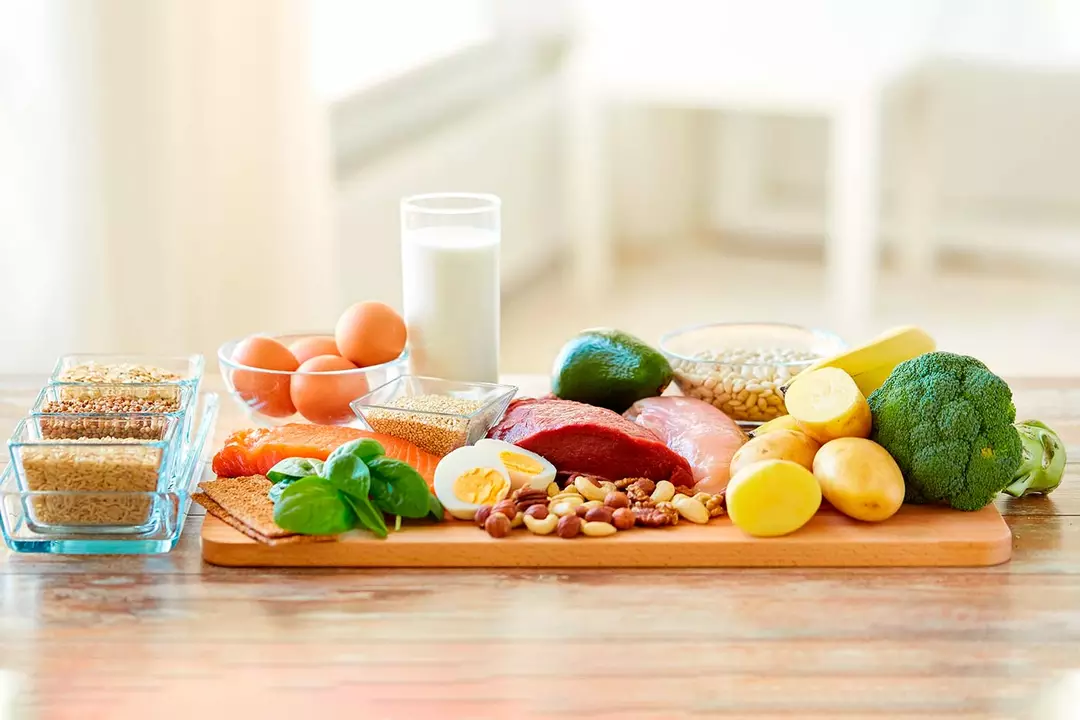Nutrition: Practical Tips, Supplements, and What Works
Think nutrition is only salads and smoothies? It isn’t. Nutrition is how your food, supplements, and small daily habits affect energy, digestion, heart health, and recovery. On this tag page you’ll find straightforward advice from our posts — turmeric for inflammation, pancrelipase for digestion, policosanol for cholesterol, and real options for weight‑loss care. Use these ideas to make smarter, safer choices right away.
Start with real food. Aim for vegetables, whole grains, legumes, lean protein, and healthy fats like olive oil, avocado, and nuts. That mix keeps blood sugar steadier, supports digestion, and helps control appetite. Swap refined carbs for whole grains at a couple of meals, add a vegetable serving to every plate, and snack on fruit or nuts instead of sweets. Small swaps add up fast.
Supplements that can help — and how to use them
Not every supplement helps everyone. Turmeric (curcumin) can ease mild joint pain and inflammation when taken with black pepper or a fat source to boost absorption. Pancrelipase replaces digestive enzymes for people with pancreatic insufficiency — don’t use it unless a doctor says you need it. Policosanol is marketed for cholesterol support but should not replace prescribed statins without medical advice. If you try fish oil or vitamin D, check your blood levels first; that avoids unnecessary dosing.
Read labels, follow doses, and pick brands that list exact ingredient amounts. If a product promises a miracle, be skeptical. Supplements can interact with meds — for example, some herbal products affect blood thinners or blood sugar — so always check with your clinician.
Practical safety and daily habits
Always consider interactions, quality, and source. If you buy medicine online, choose reputable pharmacies with clear contact info and pharmacy licensing. Avoid sites that promise prescription drugs without a prescription. For prescription weight‑loss options and telehealth, compare services, read patient reviews, and confirm credentialing.
Simple meal structure works well: one palm-sized protein, two fists of vegetables, one cupped handful of whole grains or starchy veg, and one thumb of healthy fat. Drink water through the day — mild dehydration often feels like hunger. For digestion and heartburn, eat smaller meals, avoid large fried plates, cut down on late heavy dinners, and track which foods trigger symptoms.
Track results and check labs when appropriate. If you start a supplement that aims to change cholesterol, inflammation markers, or vitamin levels, recheck blood tests after a few months. If a new supplement causes unusual symptoms, stop it and talk to a provider.
Use this tag to find focused articles on digestive enzymes, natural supplements, medication alternatives, and safe online pharmacy choices. Read the specific posts, ask questions at your next appointment, and make changes slowly. Consistent small steps beat dramatic fads every time.

Clozapine and Nutrition: Tips for Maintaining a Healthy Diet
As a blogger, I've recently been exploring the relationship between Clozapine and nutrition. Clozapine, an antipsychotic medication, can have some side effects on our body's metabolism, so maintaining a healthy diet is crucial for those taking it. I've found that focusing on nutrient-dense foods, staying hydrated, and incorporating regular exercise can help counteract these effects. Additionally, working closely with healthcare professionals to monitor and adjust dosage can ensure the best possible outcome. In summary, a well-balanced, healthy lifestyle is essential when taking Clozapine to minimize side effects and optimize overall health.
read more




